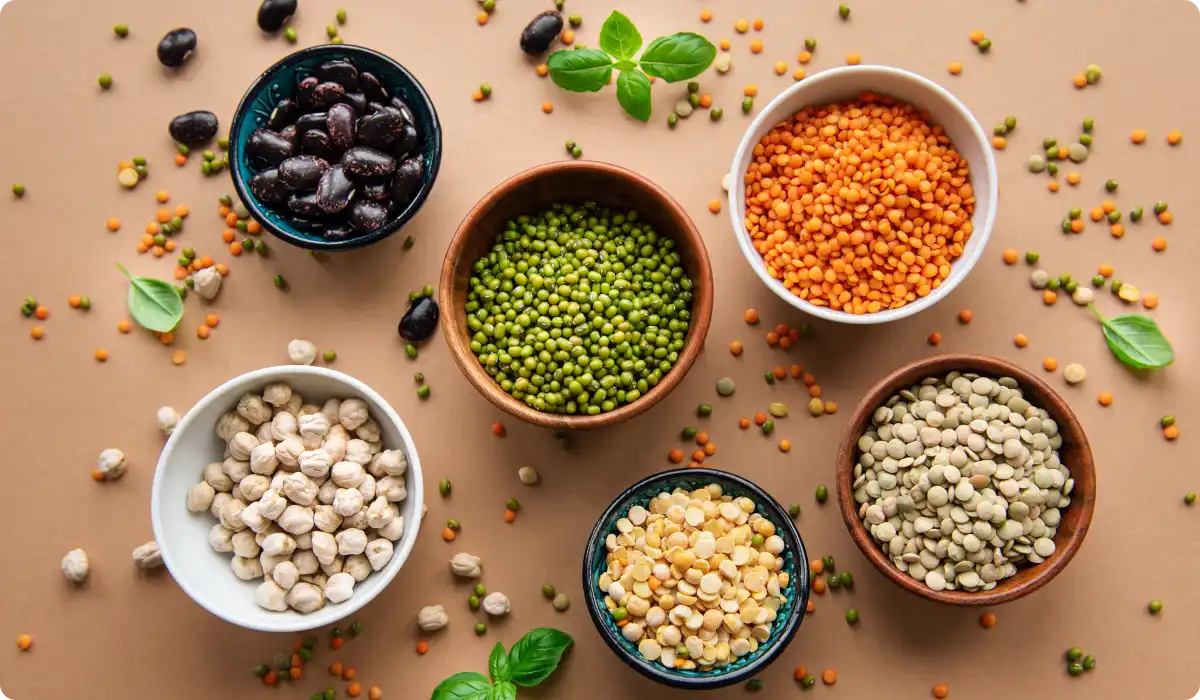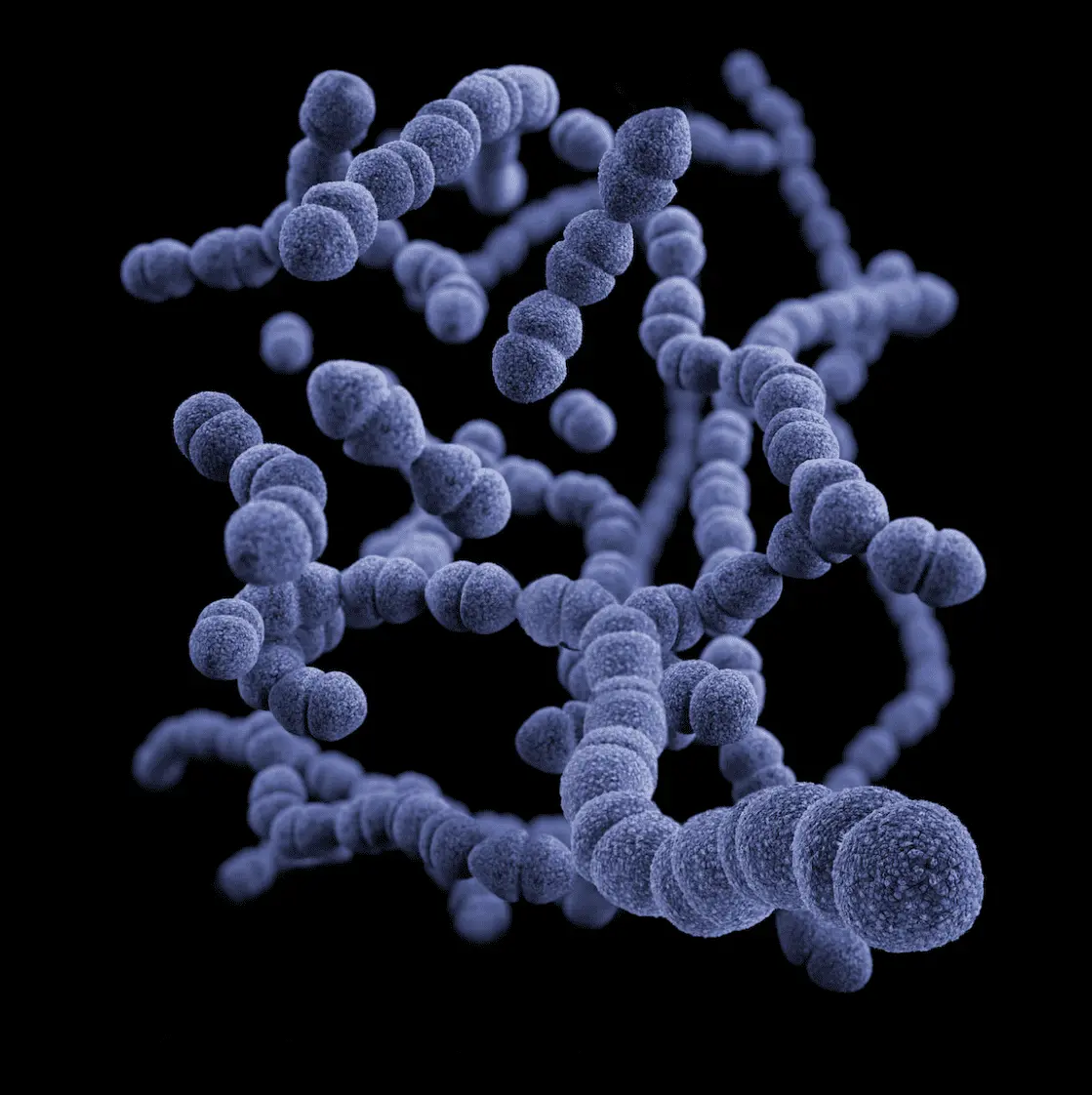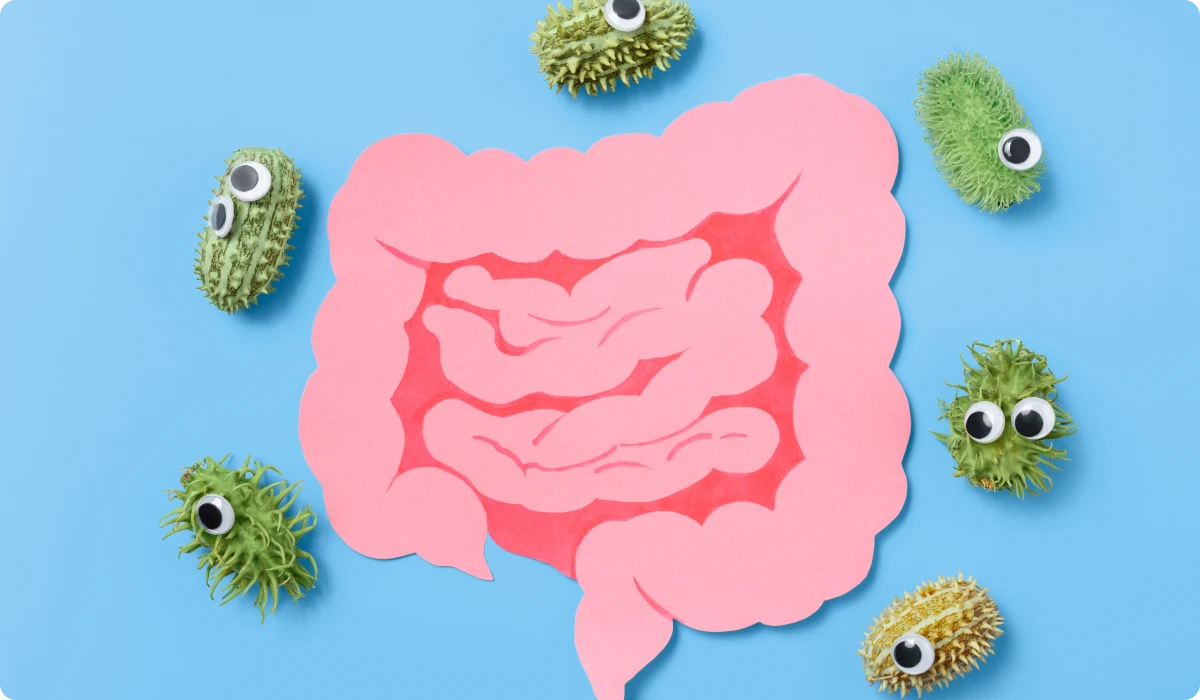
One of the common concerns people pose with a vegan diet is whether it provides sufficient sources of protein. Many argue that meat and dairy products are better sources than plant-based food. However, studies show a balanced and varied vegan diet that can meet all the nutritional needs of the body.
Importance of protein
Why is protein so important for our body? Should we be concerned about its adequate intake? YES. Especially if you are new to veganism. As a vegan, you replace the animal food, which was the main part of a meal with the plant-based healthy side dishes, like beans, grains, green leafy vegetables and lentils. When you are not aware of the appropriate plant-based foods to replace the animal products with, you could be at risk of insufficient protein in your body. Even though this condition isn’t life-threatening, protein deficiency affects the quality of life as it may lead to depression, chronic fatigue and muscle loss.
Protein is one of the most important components of our body. Our muscles, bones, and every other tissue have proteins in the form of amino acids. It helps in the growth and maintenance of tissues, fighting infection and providing the cells and tissues with proper structure. 9 of these amino acids called “essential amino acids” can be obtained only through food. Now you can understand why dieticians emphasise on having adequate proteins among other nutrients.
What is a complete protein?
A source of food that contains an adequate proportion of each of the 9 essential amino acids is a complete protein. When you switch to a vegan diet, most people argue about the fact that plant-based foods do not have complete proteins. That’s not true. For instance, soy and its by-products like tofu, tempeh and edamame are excellent sources of complete protein. Whole grains like quinoa and buckwheat are fantastic too. The interesting thing to note is you do not need to stress over eating only complete proteins in every meal. As long as you are eating various protein-containing plant-based foods in adequate amounts, you would meet the protein requirements of the body.
Vegan protein
A significant part of following a successful vegan lifestyle is to plan your diet ahead with excellent and varied plant-based foods. A good source of plant protein could also provide other nutrients like antioxidants, fibres and vitamins. The amount of a nutrient you need to meet your basic nutritional requirements, in other words, Recommended Dietary Allowance (RDA), for protein is 0.8 grams of protein per kilogram of body weight. This is typical for many countries, including the US and Canada. For a 77 kg/170lb person, this would mean about 62 grams.
Do you need vegan protein supplements?
If you are a regular person, or a non-athlete, your body’s protein requirements would be easily met by consuming various plant-based protein sources. However, if you are an athlete, you work-out or train regularly, your protein requirement would be higher to repair and rebuild the sore muscles and recover faster. In this case, we recommend consulting a dietician or a nutritionist before taking supplements. Nonetheless, it is important to choose a complete protein source in the supplement. For instance, one of the most popular vegan protein powder is pea protein. Even though it has a high protein content, it is low in the essential amino acids. Hence, you would need to depend on other sources of proteins like quinoa, buckwheat and legumes to meet the body’s requirements.
As you start this beautiful journey, it’s prudent to keep yourself aware of general nutrition, as veganism definitely brings you closer to understanding your body.
Johanna is a certified professional health coach with over a decade of experience in the field. She specialises in helping individuals navigate their health journeys, whether they are dealing with chronic conditions, working towards weight management goals, or seeking to improve their overall wellbeing.
Johanna is also a prolific contributor to our blog, where she shares expert insights, tips, and advice to help you stay healthy. She is passionate about ensuring our readers have access to the latest research and information. For personalised health advice, consider scheduling a consultation with us.








